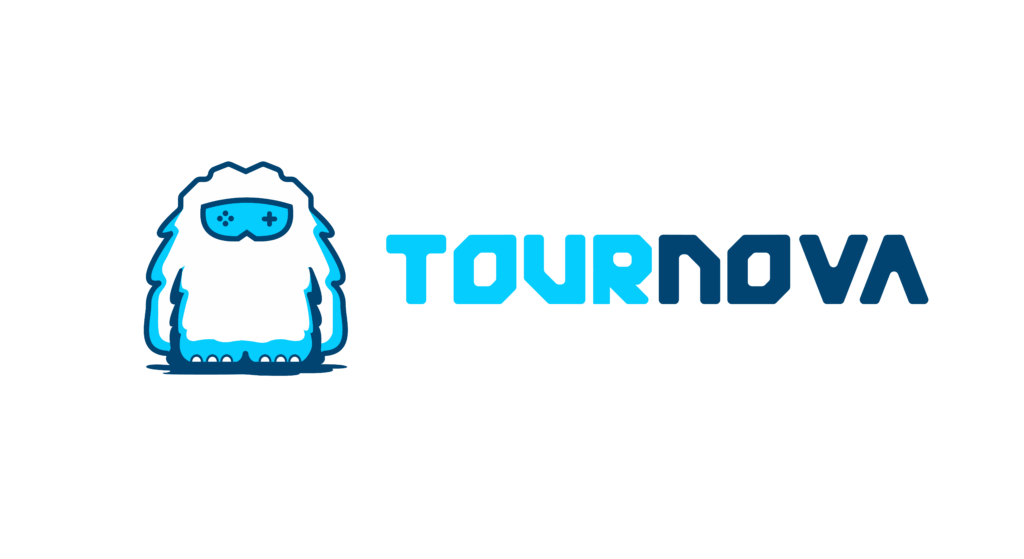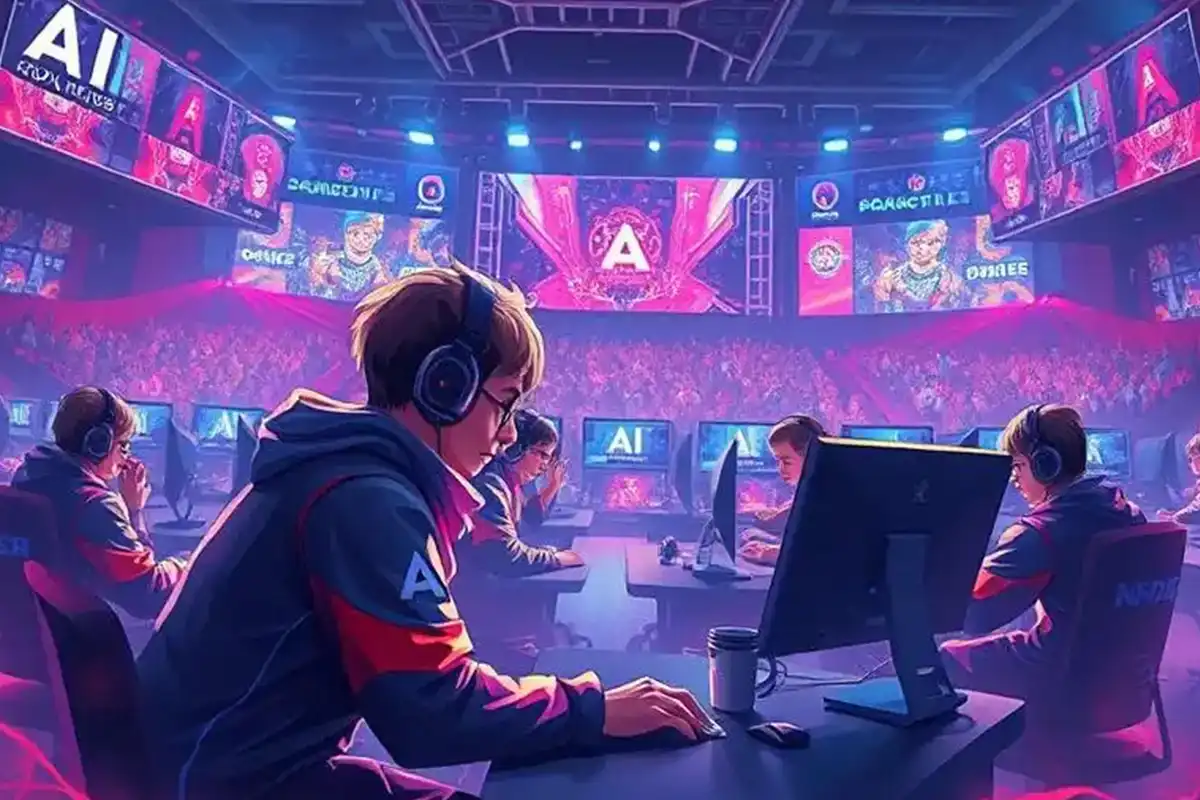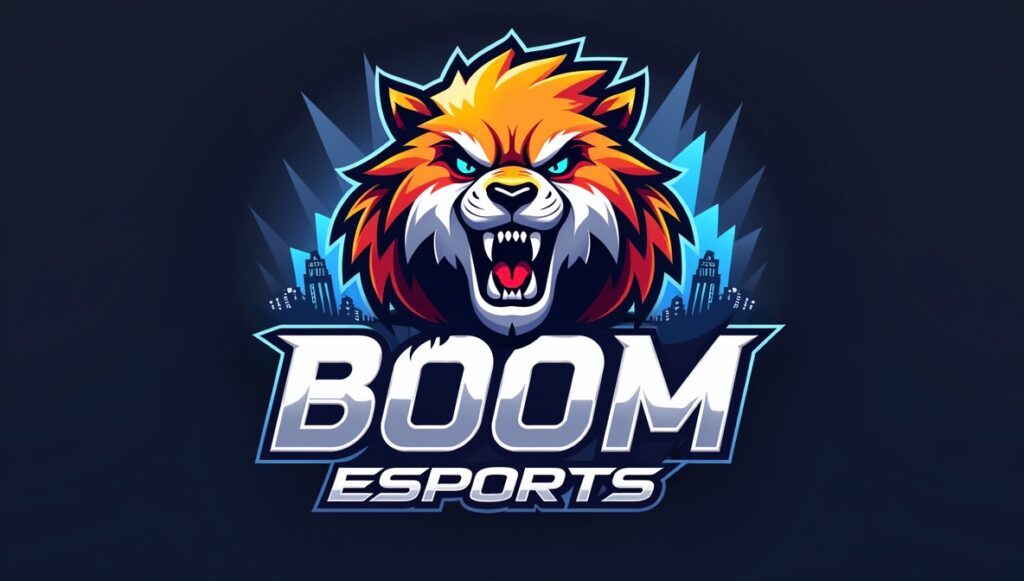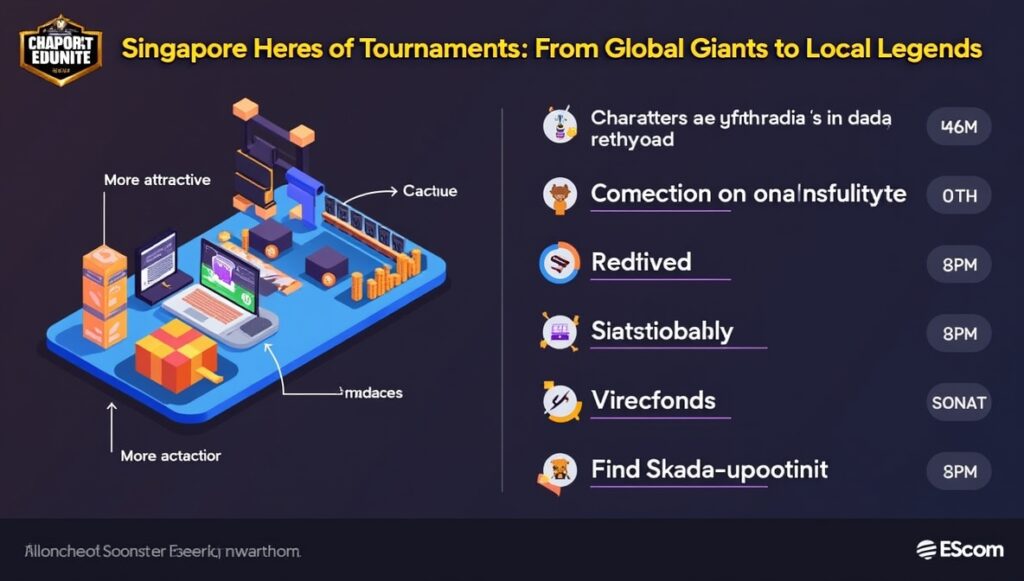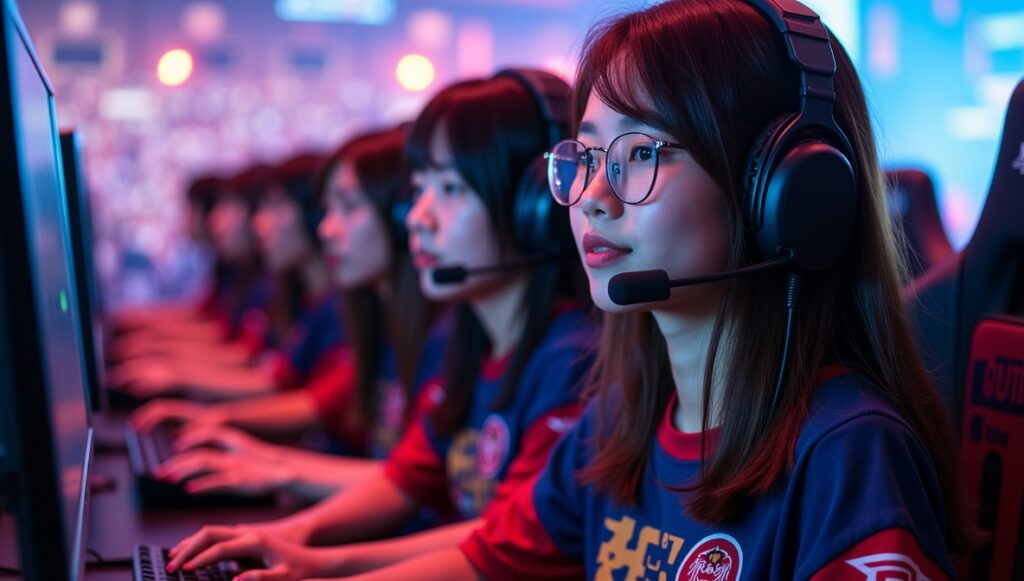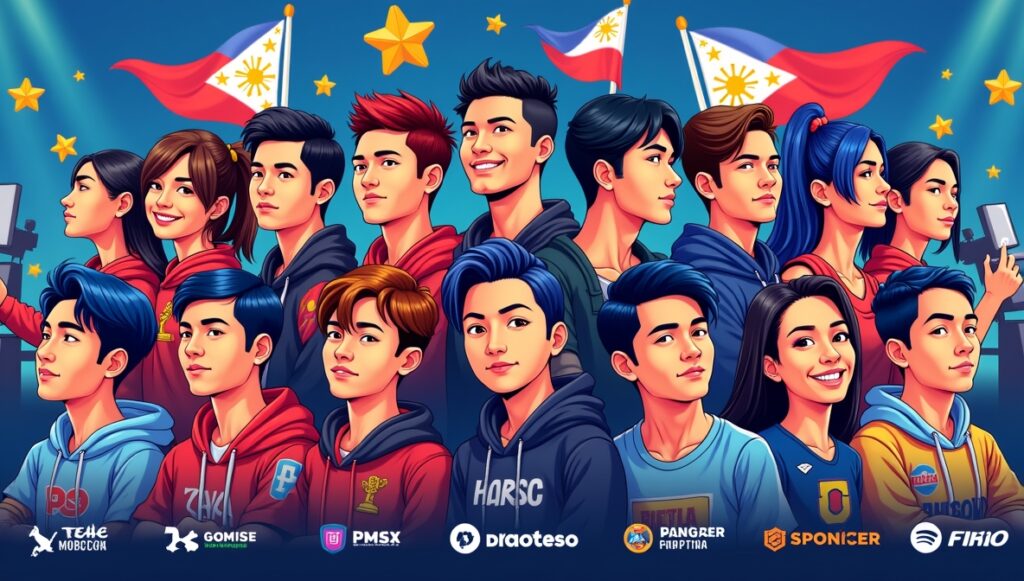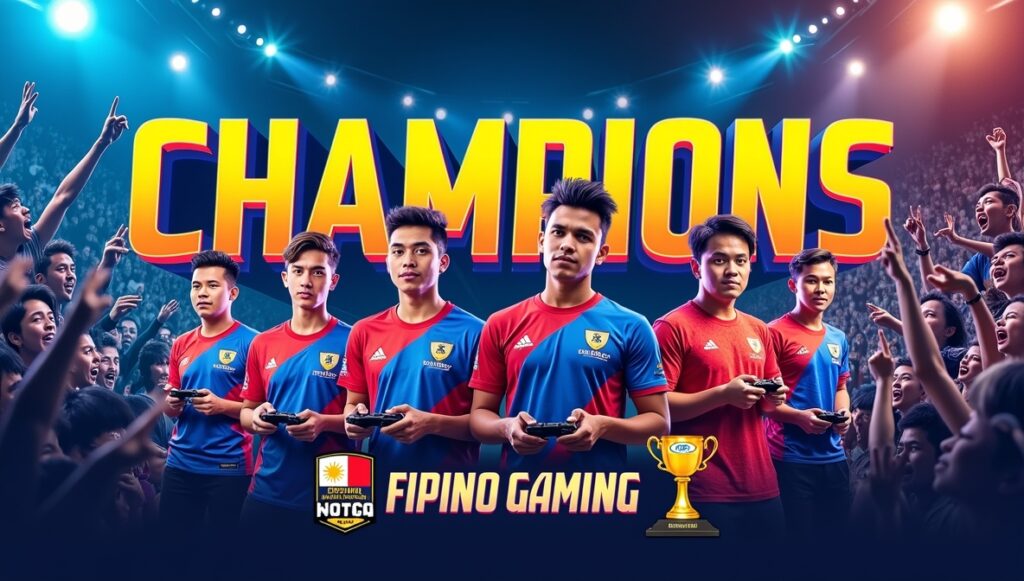We’ve all been there: you’re in the middle of an intense match, your heart pounding as you make split-second decisions that could lead to victory or defeat. The tension is palpable, but have you ever stopped to wonder what makes these games feel so engaging? It’s not just the fast-paced action or the strategy involved—it’s the magic of artificial intelligence (AI). AI is no longer just a buzzword in the tech world; it’s deeply woven into the fabric of esports, enhancing gameplay, improving player performance, and reshaping how we experience gaming.
But here’s the big problem: as esports becomes more competitive, it’s getting harder to stand out. Whether you’re a casual gamer or an aspiring professional, the pressure to constantly improve can feel overwhelming. From training and match preparation to performance analysis and spectator experiences, the sheer volume of data and decision-making is staggering. What if we told you that AI in esports is here to lighten the load, providing solutions to these challenges and taking your gaming experience to a whole new level? Let’s explore how AI is making this all happen.
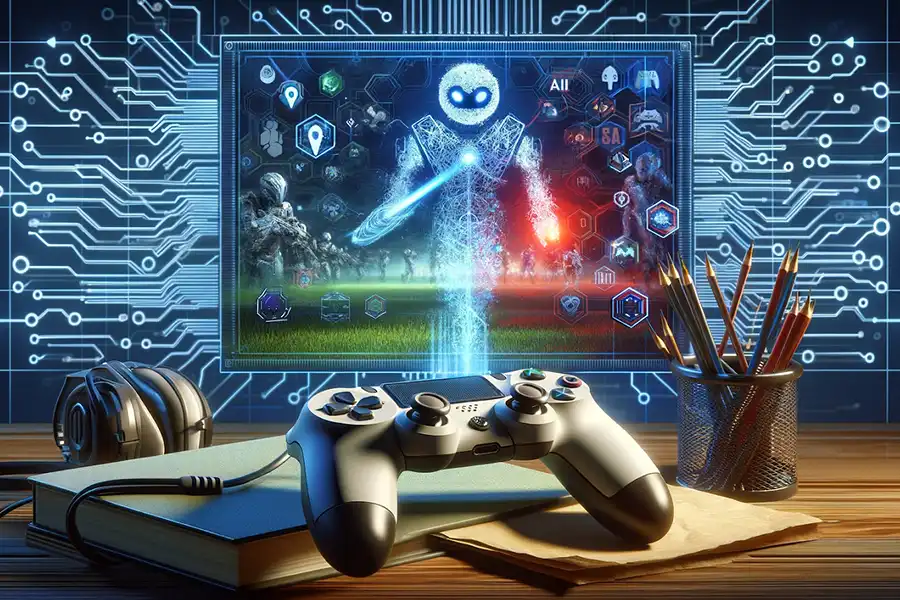
AI in Esports: The Hidden Power Behind Competitive Gameplay
When you think of esports, you probably picture fast reflexes, tactical thinking, and nail-biting finales. But the truth is, AI is silently working behind the scenes to make all of this possible, and it’s doing more than just powering the action. From training modes to post-match analysis, AI is a driving force in every aspect of esports, transforming how we play, coach, and spectate.
AI-Powered Opponents: Challenging Players Like Never Before
One of the most exciting uses of AI in esports is its role in creating intelligent opponents that challenge players at every turn. Whether it’s a bot in Counter-Strike: Global Offensive or AI-controlled enemies in League of Legends, these virtual opponents are designed to adapt and evolve based on the player’s actions. Remember those days when you could easily beat AI opponents in a few minutes? Well, not anymore. Thanks to AI, these bots are now programmed to mimic human behavior, learning from every encounter and adjusting their strategies in real-time. The result? A more immersive and unpredictable experience that keeps players on their toes.
Take, for instance, FIFA 21, where AI adapts to your playstyle, making it harder to predict and counter its moves. This can be particularly beneficial in training modes, where players can hone their skills against an AI that’s constantly improving. For those looking to level up their abilities, AI-powered opponents offer a powerful tool for practicing reaction time, strategy, and in-game decision-making.
Personalized Gameplay Adjustments: Tailoring Your Experience
AI is not just about creating opponents—it’s also about making the gameplay experience more personal and dynamic. Imagine an AI that watches you play, analyzes your performance, and adjusts the game’s difficulty accordingly. That’s precisely what happens in many modern games today. AI systems gather data on your playstyle, identifying your strengths and weaknesses. Based on this information, they can make personalized recommendations, suggest adjustments, or tweak the difficulty level to keep you engaged without overwhelming you.
Read More: Atlanta FaZe Dominates CDL Major
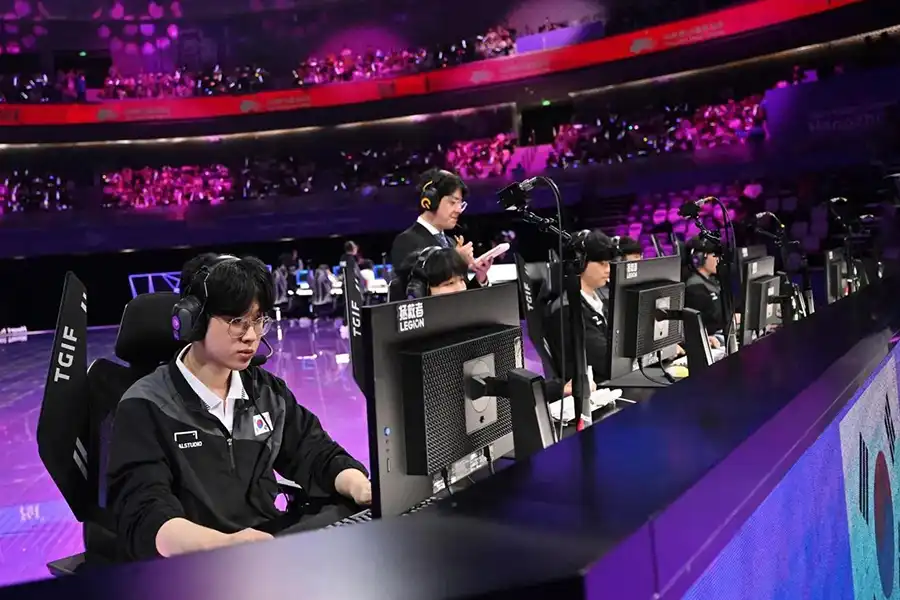
In games like Overwatch, for example, AI can suggest which heroes or tactics might suit you best, depending on how you perform in a match. This type of personalization keeps the game fresh, challenging, and aligned with your unique skills, ensuring you’re always improving.
AI in Esports Analytics and Data Collection: The Secret Weapon of Professional Teams
Behind every esports team’s strategy is a wealth of data—statistics, player performance metrics, in-game behavior, and more. The real challenge lies in making sense of this data and turning it into actionable insights. That’s where AI comes in. By processing vast amounts of data in real-time, AI tools help players and coaches make informed decisions, whether during a match or in the post-match analysis.
Match Analysis: Breaking Down Every Play
Professional esports teams are now leveraging artificial intelligence to analyze their matches faster than ever. Instead of sifting through lengthy recordings, AI technology quickly provides insights into performance details. Teams competing in games like League of Legends and Dota 2 are utilizing platforms such as Mobalytics and StatSharks to dig into player data, helping them uncover patterns and assess performance. This technology scrutinizes every aspect of a match, from kills and deaths to decision-making behaviors, delivering valuable information on performance and team dynamics.
Predictive Analytics: The Prospects of esports for the Coming Period
People may wonder how teams forecast their competition and how great esports managers select their teams. Machine learning systems analyze team results and match statistics to create predictions about future performance. By giving computers past game information, they learn to discover performance trends for players and teams to use against their opponents. Betting platforms rely on predictive models to develop correct betting odds, which let players select smarter bets with facts to back them up.
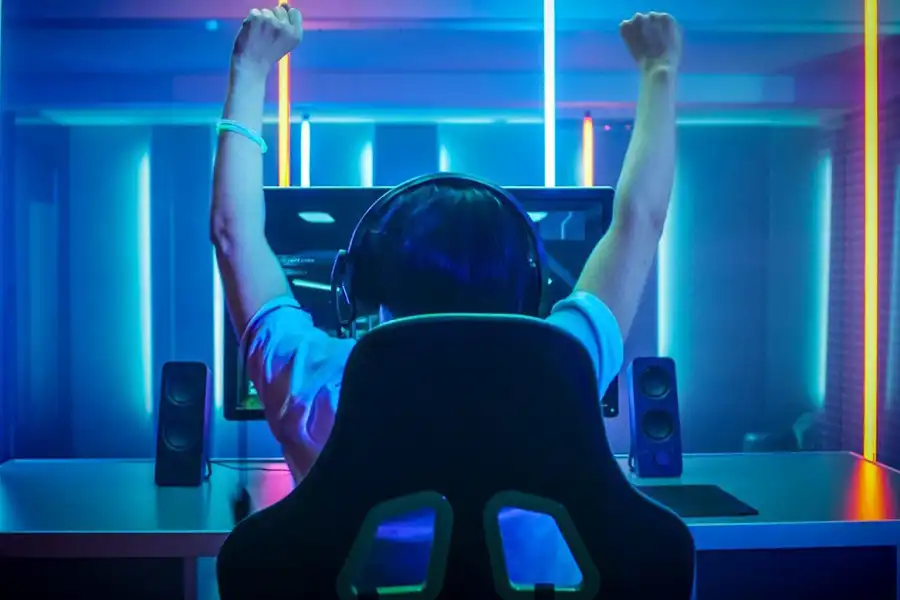
AI in Esports Coaching and Training: Your Digital Training Assistant Is Now Here
Training has always been a big part of esports. Modern AI tools now deliver esports training at a level that was previously impossible to achieve. The system provides digital mentoring services through training builds while replaying actual competitive games for players to hone their skills.
Virtual Coaches: A Personalized Training Experience
Imagine having an AI coach that watches every move you make and provides real-time feedback on your performance. This is becoming a reality in esports with virtual coaches powered by AI. These systems analyze your gameplay, identify mistakes, and suggest specific exercises to improve your reaction time, accuracy, or decision-making under pressure. In games like Fortnite, AI can track your building strategies and offer tips to improve your building speed or combat efficiency, creating a personalized training experience.
Simulation Training: Practice Makes Perfect
One of the most exciting advancements in AI-driven training is the use of simulation systems. These AI-powered simulations recreate complex in-game scenarios, allowing players to practice specific situations without the pressure of a live match. Whether it’s practicing under extreme pressure in Valorant or working on tactical decisions in Tom Clancy’s Rainbow Six Siege, AI simulations provide players with the opportunity to practice and improve without the stakes of real competition.
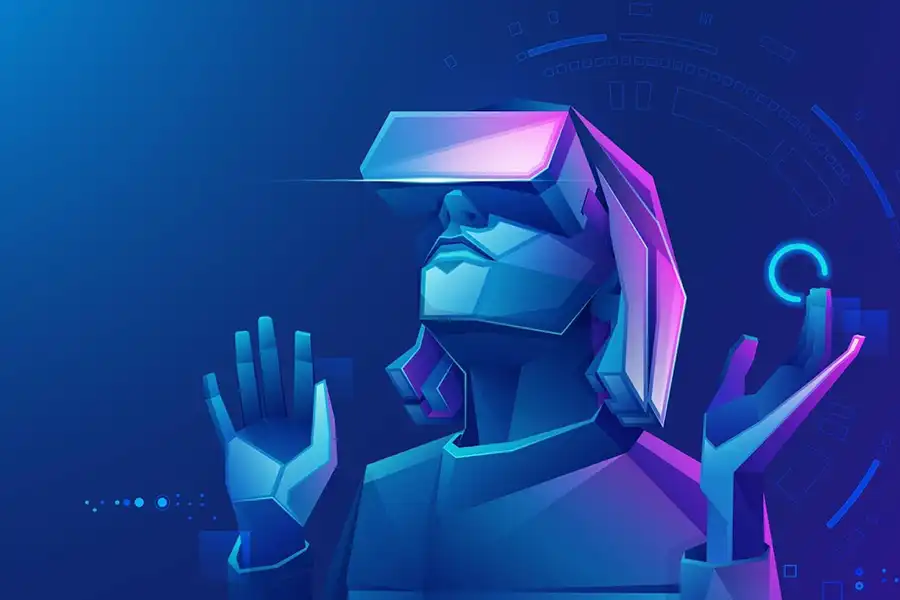
AI in Esports Streaming and Broadcasting: Enhancing the Viewer Experience
The power of AI changes both how professional gamers play and how fans view esports events. By controlling cameras and adding real-time data to screens, AI technology benefits millions of esports audience members worldwide.
AI-Enhanced Broadcasts: Capturing Every Moment
The fast pace of esports demands an instant response. Current AI technology can operate cameras automatically to change viewing angles while it generates real-time highlight videos for broadcasts. Streaming sites Twitch and YouTube Gaming use AI technology to examine live broadcasts and suggest personalized content directly from what viewers are watching at the time. Viewers can discover selected moments from their preferred players more effectively because the system presents highlights in real-time.
Real-Time Commentary and Translation: Globalizing Esports
Esports connects players from every corner of our world so live commentary with translation must exist. The technology automatically converts commentary throughout esports matches for international audiences to enjoy. AI technology allows World Championship League of Legends matches to be broadcast identically in English, Chinese, and Portuguese for global fans to watch.
AI for Anti-Cheating and Fair Play: Equality for all players
Esports competitions face ongoing problems with illegal enhancements and dishonest players. The technology uses machine learning models to identify small cheating activities at their earliest stages. Advanced AI systems watch games to find hidden player cheats that human monitors usually cannot discover.
Detecting Cheating: Fair Play for All
AI-powered anti-cheat systems are designed to identify cheating behaviors by recognizing patterns in player actions that are indicative of cheating software. In CS2, for example, AI can flag players who use aimbots by analyzing their aim accuracy and reaction times. This ensures that competitive play remains fair and enjoyable for all players, regardless of their skill level.
Read More: How Do Esports Players Get Paid?
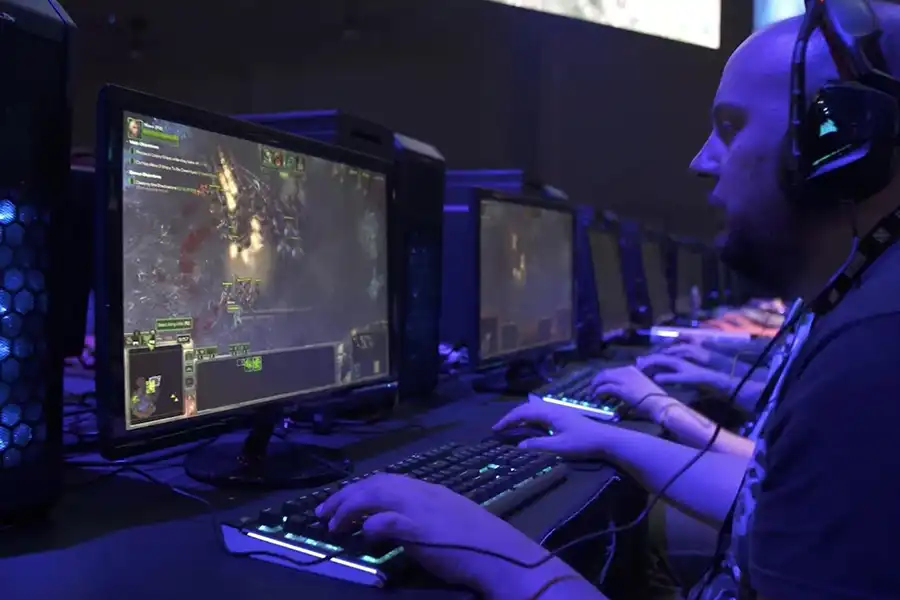
Fraud Detection in Esports Betting: Protecting the Integrity of the Game
As esports betting grows in popularity, AI is also being used to detect fraud in betting markets. AI algorithms analyze betting patterns and player behavior to spot irregularities and prevent match-fixing or other forms of manipulation, ensuring that esports betting remains fair and transparent.
Tournova Helps Streamline The Play-to-Earn Experience
Our platform fits seamlessly into the AI-driven esports ecosystem by enhancing both player participation and tournament management through the use of advanced tools and technologies.
By integrating with Telegram and Discord, Tournova allows gamers to enjoy Play-to-earn games with only one click and also keep up with tournaments and even manage them. This use of established platforms reduces friction and makes it easier for casual players to get involved in tournaments without requiring them to learn a new system.
The platform’s use of a token economy ($TNT) further enhances player engagement. With Tournova’s Telegram Mini App, you can monetize your gaming with only your immense skills. All in all, by using the Web3 platform capabilities, our platform makes everything seamless and safe, from earning tokens to tournament management.
Conclusion
Artificial intelligence is no longer just a futuristic concept; it’s the backbone of the esports industry, revolutionizing everything from gameplay to performance analysis, training, broadcasting, and even anti-cheating measures. By integrating AI at every level, esports have become more engaging, competitive, and accessible to players and fans alike. As AI in esports and generally AI continues to evolve, we can only expect these innovations to grow, further enhancing our experiences both as players and spectators. The future of esports is bright, and AI is at the heart of this exciting evolution.
FAQ
How does AI help improve esports performance during matches?
AI helps by analyzing player data in real-time and adjusting game difficulty, providing personalized recommendations, and offering post-match analysis to improve player strategies and decision-making.
Can AI be used to train players for specific games?
Absolutely! AI-powered virtual coaches and simulation training programs can assist players in honing their skills by practicing particular in-game situations, ultimately enhancing their performance.
